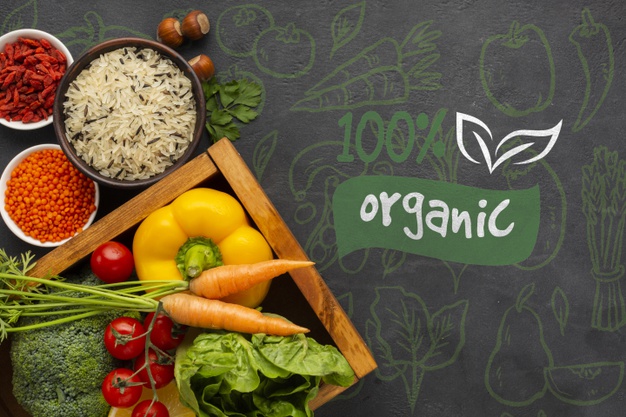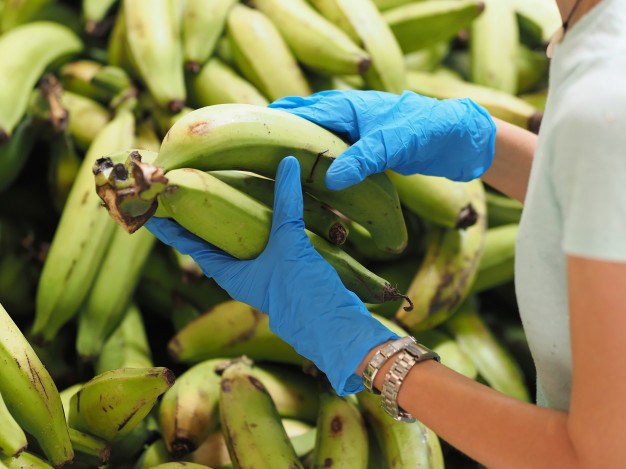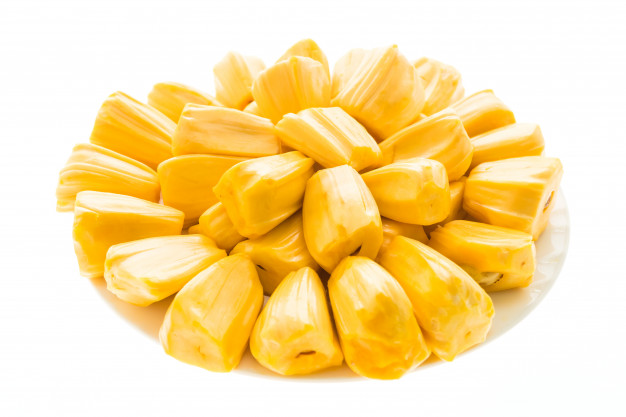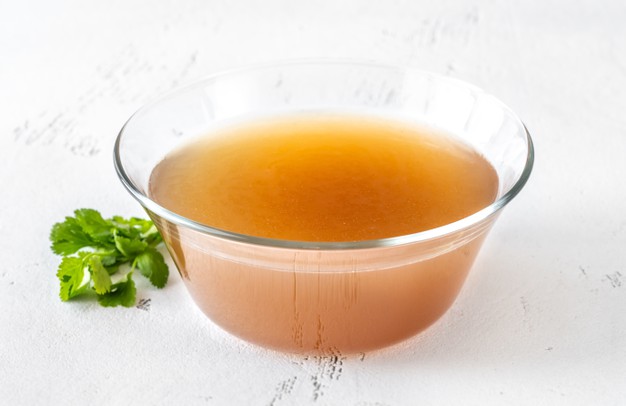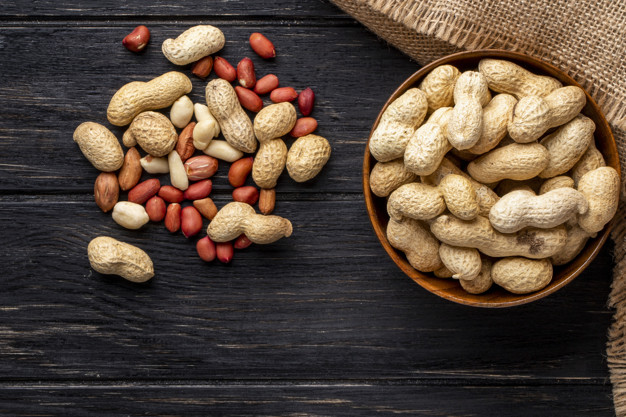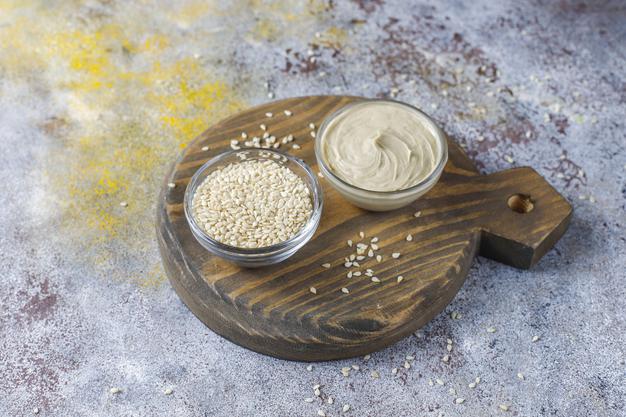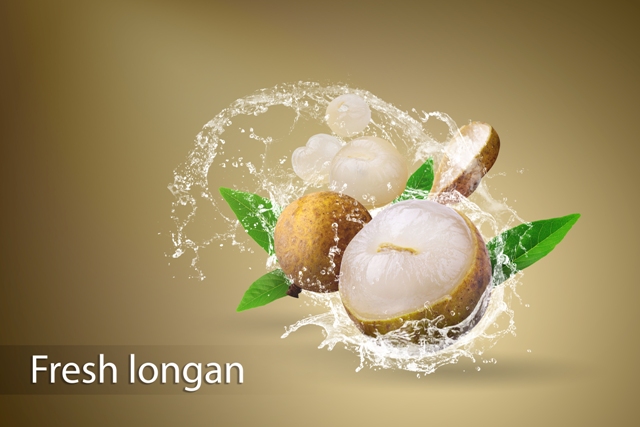Echinacea is one of the most popular herbs belongs to daisy family. It has been widely used for various medicinal purposes.
Biological activity
Antioxidant activity
- It is packed with various imperative plant components that act as antioxidants. Antioxidants are very important molecules that help to defend every cell of the body from oxidative damages
- Its cichoric acid, rosmarinic acid and flavonoids are considered as the main components accountable for exerting antioxidant activity
- Its free radical scavenging activity is really very effective for decreasing oxidative stress, which is responsible for increasing the risk of developing several chronic diseases like cardiovascular problems, diabetes, cancers etc
- Its fruits and flowers contain relatively higher amount of antioxidant than other parts of this plant like the roots and the leaves thus it is better to consume the extract of its flower or fruits in order to protect the body from free radical induced oxidative damages
- It contains another important component named alkamides that play imperative role in enhancing antioxidant activity and it is also responsible for renewing worn-out antioxidants
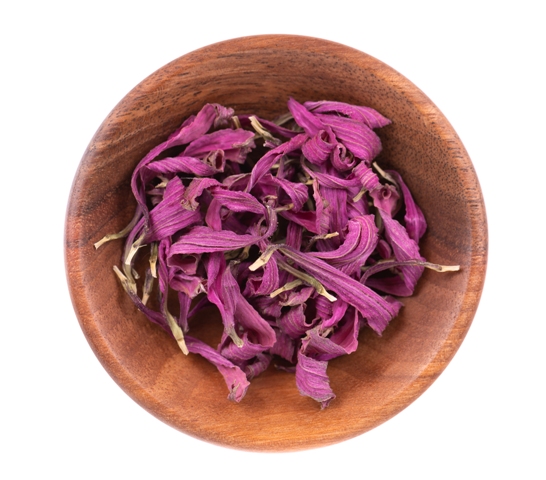
Anti-inflammatory activity
- Inflammation is considered as the body’s natural process of defending itself and it also helps in promoting healing but often inflammation get out of control and can sustain for longer than usual, which subsequently increases the risk of various chronic diseases
- Echinacea plays significant role in preventing inflammation as it has the ability to exhibits anti-inflammatory activity
- It significantly decreases the concentration of inflammatory markers within body, which are responsible for triggering inflammation thus its consumption is thought to be very effective for delaying the onset of inflammatory events in body as a result reduces the prevalence of chronic inflammatory diseases
- It is also related with preventing joint swelling and helps to improve joint health
- It helps to reduce pain as well
- It is extremely useful for improving the symptoms of arthritis

Anti-carcinogenic activity
- We all know that cancer is a disease, which involves uncontrolled growth of cells and considered as one of the leading causes of death. Consumption of Echinacea or its extract is extremely helpful for decreasing the prevalence of cancers as it has powerful anti-carcinogenic activity
- It plays significant role in suppressing the growth of malignant cells within body by inducing apoptosis
- It is also associated with triggering cancerous cell death
- It helps to prevent metastasis as well
- It helps to hinder the growth of tumor cells too. It is closely related with regulating cellular proliferation, which is considered as the main factor accountable for reducing the prevalence of tumors
- It is extremely effective for decreasing the prevalence of pancreatic cancer and colon cancer
Antimicrobial activity

- It exerts powerful antimicrobial activity that helps in suppressing the growth as well as replication of microbial cells within host
- It is also associated with decreasing the prevalence of microbial infestation
- It helps to reduce the susceptibility of developing infectious diseases
- It is extremely effective against yeast infections
- Individual suffer from ear infection should try Echinacea as it plays vital role in improving the symptoms of ear infection
Health benefits
Role on immunity
- Echinacea is very popular for its beneficial role on immune system. Basically it plays imperative role in boosting up the overall immunity of the body
- Its consumption is extremely useful for improving the health of immune cells as it helps in protecting every immune cells from oxidative damages, which ultimately improves immune functions
- It is also associated with stimulating the synthesis of WBC that helps in fighting against infections and also helps in strengthening the defense mechanism of the body
Role on digestive health
- Its consumption is very useful for promoting overall digestive health
- It acts as laxative and plays imperative role in promoting regularity thus individual suffer from constipation should consume it for easy defecation. On the other hand consumption of Echinacea through its herbal tea is also considered as an effective way for loosening the bowel
- It helps to improve the health of stomach as well thus its consumption is thought to be very effective for improving the symptoms of peptic ulcer as well as gastritis


Role on respiratory health
- It is extremely useful for promoting overall respiratory health
- It is very effective for decreasing the prevalence of upper respiratory disorders especially nose, mouth as well as throat infections
- It helps to prevent common cold and flu as well
- It helps to treat bronchitis too
- Its anti-inflammatory activity plays vital role in preventing the swelling or inflammation of air ways thus its consumption is thought to be very effective for improving the symptoms of asthma
- Its antioxidant activity is also responsible for protecting the respiratory tract from oxidative damages, which ultimately decreases the prevalence of various respiratory disorders
Role on mental health
- It has been extensively used as an imperative remedial action for anxiety. We all know that anxiety is a very common problem and it affects a wide range of people throughout the world
- Anxiety may cause palpitation, hypertension, rapid heartbeat and chest pain thus it is always better to treat anxiety in order to avoid various health complications and it can be easily achieved by consuming Echinacea extract
- It contains various important plant compounds such as rosmarinic acid, alkamides and caffeic acid that play vital role in reducing the feeling of anxiety
- It helps to calm the body as well, which ultimately helps to reduce stress too and also promotes healthy sleeping

Role on skin
- It is extremely useful for improving skin health. It has seen that consumption of Echinacea extract or its topical application plays significant role in providing a flawless glowing skin
- Its antioxidant activity is accountable for delaying the progression of aging process and also protects the skin from free radical induced oxidative damages
- It is also associated with hydrating the skin
- It plays significant role in preventing acne as its antimicrobial activity is responsible for hindering the growth of Propionibacterium, which is considered as one of the leading causative factors of acne
- It is also very effective for improving the symptoms of eczema
- It helps to prevent wrinkles too
- It helps to improve skin barrier functions as well
- Moreover it is considered as an important therapeutic substance for dermal health, which helps in rejuvenating the skin, as a result makes the skin healthy and supple
Therapeutic uses
It is widely used for various therapeutic purposes, which include –
- It acts as an important therapeutic substance for hyperglycemia
- It is also used for improving the symptoms of urinary tract infection
- It helps in improving oral health as well and plays significant role in preventing gingivitis
- It helps to prevent canker sores too
- It is also very effective for treating vaginitis

General consideration of using Echinacea
- It can be consumed fresh or in dried form
- It is also available in the form of supplementary pills so it can be consumed in supplementary form as well
- It can be squeezed and consumed as juice
- Its extract can also be consumed
- It can be topically applied on skin as well
Risk factors
It’s over consumption may cause various health hazards like rashes, stomach pain, itchy skin, nausea and shortness of breath thus it is better to consume it in recommended amount.
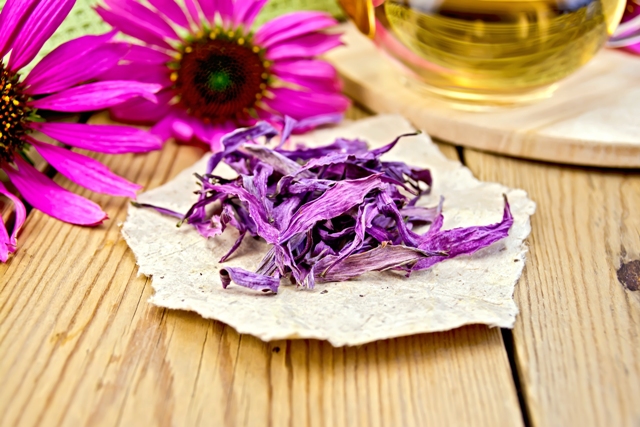
Source:
Barrett, B., Brown, R., Rakel, D., Mundt, M., Bone, K., Barlow, S. and Ewers, T., 2010. Echinacea for treating the common cold: a randomized trial. Annals of internal medicine, 153(12), pp.769-777.
Billah, M.M., Hosen, M.B., Khan, F. and Niaz, K., 2019. Echinacea. Nonvitamin and Nonmineral Nutritional Supplements, pp.205-210.
Birt, D.F., Widrlechner, M.P., LaLone, C.A., Wu, L., Bae, J., Solco, A.K., Kraus, G.A., Murphy, P.A., Wurtele, E.S., Leng, Q. and Hebert, S.C., 2008. Echinacea in infection. The American journal of clinical nutrition, 87(2), pp.488S-492S.
Parsons, J.L., Cameron, S.I., Harris, C.S. and Smith, M.L., 2018. Echinacea biotechnology: advances, commercialization and future considerations. Pharmaceutical biology, 56(1), pp.485-494.
Vohra, S. and Rieder, M., 2005. Efficacy of echinacea for upper respiratory tract infections in children. Paediatrics & child health, 10(4), p.224.


